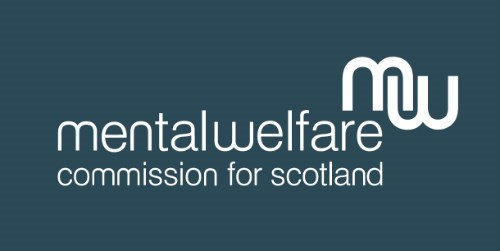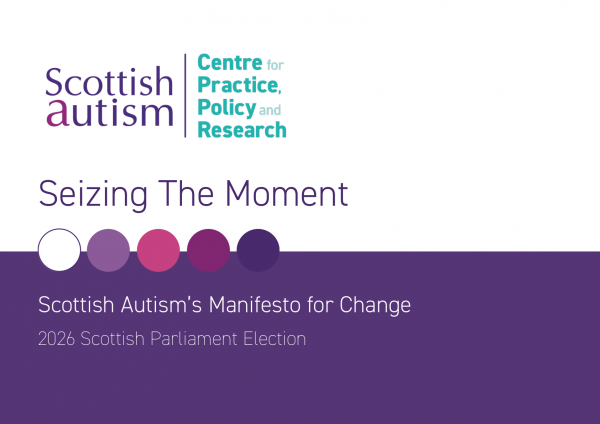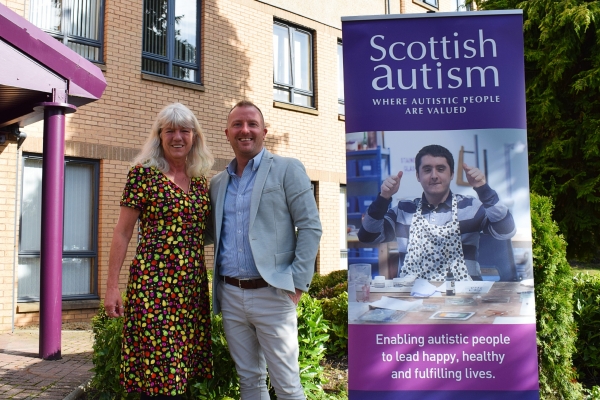More Support Needed For Autistic People With Complex Needs
The Mental Welfare Commission today published its first themed visit report looking at support for autistic people.
The report focuses on one of the most vulnerable groups with this diagnosis - autistic people and learning disability or other complex care needs who were subject to mental health or incapacity legislation.
Commission visitors met 54 people living in hospital or in the community across Scotland, and spoke to medical and care staff, along with family members and carers.
The Commission carried out these visits because it is aware that autistic people have particular needs that are not always met in settings designed for people with other conditions. For those who also have a learning disability or mental illness, they will often be treated in general learning disability or mental health wards or care services which are not designed for autistic people.
Findings include:
- A wide variation in assessment and post-diagnostic support across the country. Sometimes having another diagnosis, such as a learning disability, was seen as a barrier to proper assessment of autism.
- Of the 54 people met by the Commission, 45 were prescribed psychotropic medication on a regular basis, with 40 of those being prescribed regular antipsychotic medication.
- Thirteen of the 28 people who were living in hospital were ready to leave, but were on delayed discharge, waiting for suitable accommodation.
- For those living in the community, their environments were well designed and appropriate. In hospitals, thought had been given to how to make changes to the environment for the particular needs of the patient, but this was simply not possible in some wards.
- Families described the significant, distressing and ongoing negative effects that the diagnosis and care has had, making it difficult to maintain a family unit. Most of these family carers had not been directed to support for themselves and had not had an assessment of needs.
Charlene Tait, Deputy CEO at Scottish Autism, said; “We welcome today’s report from the Mental Welfare Commission for Scotland which highlights many of the issues we hear about from autistic people and their families. Scottish Autism operates an advice line intended for signposting and non-emergency support. In recent years this has, in reality, become more of a crisis line. We are regularly contacted by autistic people and their families who are in significant distress due to lack of access to appropriate services. Sadly, this includes a worrying increase in people verbalising suicidal thoughts and feelings. This report importantly recognises the erosion of specialist services and service cuts for autistic people and highlights the impact this has on the mental health and wellbeing of autistic people.
“There have been a number of reports and reviews in recent years that have focused on the experiences and challenges of autistic people across health, education and social care services. All of these have resulted in recommendations being made, some of which are replicated in this most recent report, examples of which are: access to assessment; post diagnostic support and the training and skill level of staff. We need to move beyond recommendations to coordinated strategic action that results in implementation plans and actions that deliver systemic and sustainable change in services for autistic people.
“Given the nature of autism, this cannot be a one size fits all approach. The use of medication and physical restraint highlighted in the report along with the recognition that people are stuck in inappropriate settings signals a need for investment in services for autistic people so that they can be better supported, along with their families, in their local community.”
The report can be read via an executive summary or the full document.





